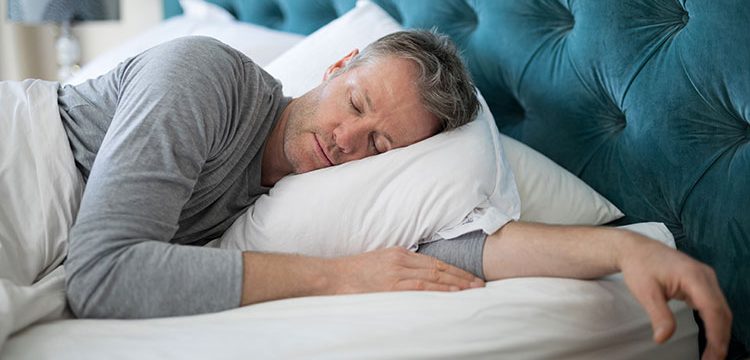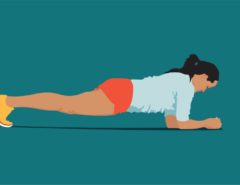Falling short of adequate sleep takes a serious toll on your productivity, energy, emotional balance, and body weight. We all seem to have a very hectic lifestyle. Yet, many tosses and turn in their beds all night helplessly struggling to get some quality sleep. Only to start the next day with a drained body and a lethargic mind!
A good night’s sleep is as significant as a regular workout regimen and a healthy diet. Studies indicate that poor sleep patterns have instant negative effects on our brain function, hormones, weight, and performance. Getting enough sleep will leave you emotionally balanced, mentally sharp, and full of energy.
Unfortunately, sleep quality as well as quantity has significantly declined over the past few decades. There are solutions to this predicament. We will discuss some sleep tips, which require simple changes in your daily routine. But they will have a profound effect on the wellness of your sleep.
Top 7 Sleep Tips For Better Sleep
- Stick to a Sleep Schedule
- Avoiding Sleeping In
- Reducing Blue Light Exposure during Evenings
- Do Not Consume Caffeine in the Late Hours
- Consider Smart Napping
- Don’t Let the After-Dinner Drowsiness Overcome You
- Have a Regular Workout Regimen
Let’s discuss each in detail.
1. Stick to a Sleep Schedule
Try to wake up and sleep at a fixed time every day. This will help set up your biological clock and optimize your sleep’s quality. Sticking to a routine will make you tired and drowsy by the usual time you go to bed. Then you won’t have to toss and turn in the bed before you finally doze off. Also, this will help you wake up naturally without having to set any alarms.
2. Avoiding Sleeping In
That goes for the weekends too. If you are oversleeping on the weekends and changing your sleep schedule completely, you will experience these jetlag-like symptoms in the weekdays. You will feel tired and exhausted and it will continue until the next weekend comes. To make up for the late nights, it’s good to opt for daytime naps instead of sleeping in. You can pay your sleep debt off without having to disturb your regular sleep cycle. Make it one of the mandatory sleep tips.
3. Reducing Blue Light Exposure during Evenings
While exposure to light is beneficial during the day, it has opposite effects during night. Light impacts the circadian rhythm and tricks the brain into thinking that it is daytime. This causes a reduction in the melatonin levels, the hormone responsible to help you get deep sleep.
Blue light is particularly emitted by electronic devices like computers and smartphones. We are inseparable with our smartphones until we doze off. And that’s a habit for many. There are ways to reduce the blue light exposure at night. iPhones and Android smartphones have night modes which allow lesser exposure to blue light. You can wear glasses to block light too.
Also, stop watching TV and turn off all the bright lights at least two hours before you head to bed
4. Do Not Consume Caffeine in the Late Hours
Around 90% of the population in the United States consume caffeine. It certainly has numerous benefits. It helps in improving energy, and focus. And It also helps to improve brain performance. But if consumed in the latter part of the day it stimulates the nervous system and stops the body from relaxing naturally at night.
A study suggests that consuming caffeine almost 6 hours (or lesser) before hitting the bed worsened the quality of sleep. It stays elevated in the blood for about 6-8 hours. Therefore, do not consume caffeine after 4 p.m. If you crave it badly in the evenings, sticking to decaffeinated coffee would be a good idea
5. Consider Smart Napping
One of the most effective sleep tips would be avoiding irregular and long naps during the day. Napping is certainly a good way to make up for late nights. Nut if you tend to lay awake long after midnight trying to fall asleep, naps will worsen things. Do not nap more than 30 minutes and don’t take them in the latter part of the day. Long naps will interfere with your night’s sleep.
6. Don’t Let the After-Dinner Drowsiness Overcome You
If eating at night makes you sleepy, just get up and so something stimulating. If you sleep at that time, you won’t be able to fall asleep easily later at night. Call a friend, play a game, do the dishes. Any light work would help you get the drowsiness away.
7. Have a Regular Workout Regimen
You need to indulge in some sort of exercise to improve your sleep. However, being too active near bedtime is not suggested here. Exercise has other health benefits too. Such as improving high blood pressure. It doesn’t necessarily have to be a proper gym or yoga class. You can walk or jog outside your house too.
Happy sleeping!




